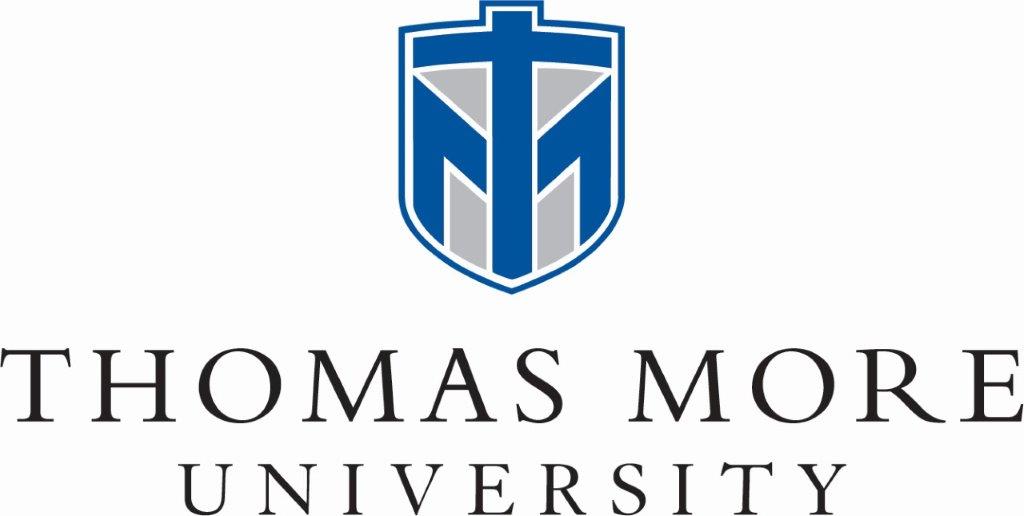
The Sexual Harassment and Misconduct Policy is available here: Sexual Misconduct and Harassment Policy
|
Date |
Supersedes Policy |
Summarize Change |
|
August 14, 2020 |
Sexual Misconduct/Title IX Policy |
Update to align with current regulations |
|
February 1, 2017 |
Sexual Misconduct/Title IX Policy |
|
Dr. Joseph L. Chillo, President